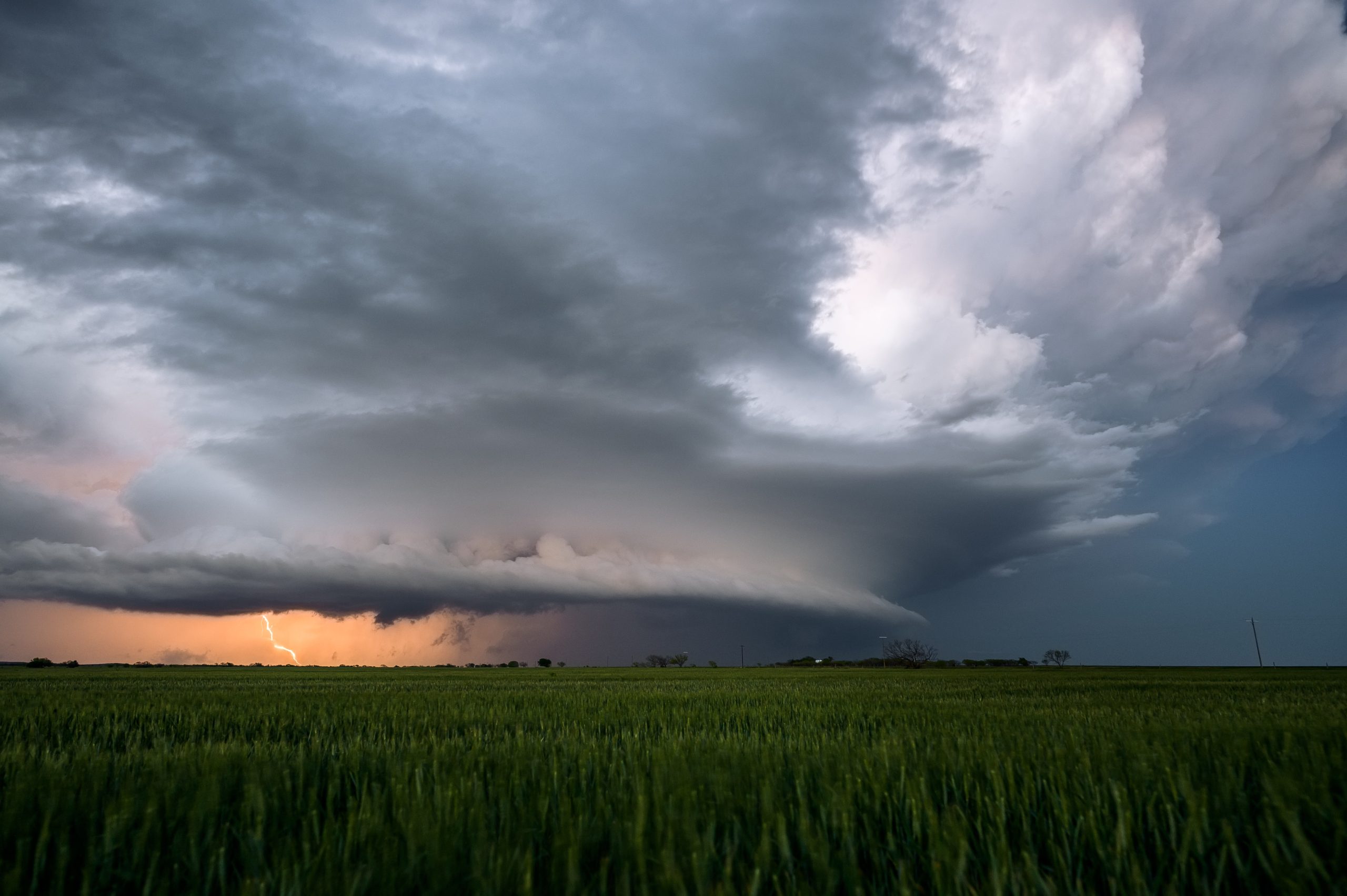From construction to manufacturing to agriculture, the use of temporary workers has always been an important tool for employers looking to complete projects on time. Unfortunately, some employers have—in their quest to save money—used temporary workers irresponsibly.
From hiring workers without providing training to treating temporary workers as “second class employees,” employers are creating an unsafe environment that could cost lives, reputation, and money.
This is why, throughout the past few years, that OSHA has been increasing emphasis regarding the importance of temporary worker safety. Its latest Temporary Worker Initiative (TWI) bulletin reiterated Section 11(c) whistleblower protections that must be given equally to permanent and temporary employees:
“Section 11(c) of the OSH Act protects workers who report injuries and/or raise concerns to their employer, OSHA, or other government agencies about unsafe or unhealthful working conditions in the workplace. Temporary workers have the right to report injuries and/or raise concerns to their host employer, their staffing agency, or both. These actions are called “protected activity”. Staffing agencies and host employers should promptly report to each other any protected activity by temporary workers, and appropriately investigate and respond to such activity.”
It goes on to re-clarify what constitutes retaliation, and ends with a warning to employers and staffing agencies:
“Temporary workers have the same rights and protections against retaliation as all other workers. Based on the circumstances, temporary workers who are retaliated against for engaging in protected activity may file a complaint with OSHA against their host employer, the staffing agency, or both.”
For the full TWI bulletin on whistleblower protection, click here.
“Workers sent by a staffing agency to a worksite deserve the same level of protection from workplace hazards as the host employer’s workers do,” said NIOSH Director Dr. John Howard. “Recognizing that temporary workers are often new to the workplace to which they are sent, we believe these recommended practices will provide a strong foundation for host employers and staffing agencies to work together to provide a comprehensive program that protects the safety and health of all workers.”
Having a safety program, reporting procedure, and training plan in action protects both permanent and temporary workers, as well as minimizes your risk for citation when OSHA knocks.
Optimum Safety Management specializes in creating a program that goes beyond compliance, helping you to create a culture of safety so that you have a clear, measurable path toward long-term profitability and productivity. Contact us today, and learn how we can help you to Maximize Your Return on Safety.
Need immediate help? Call our safety hotline at 888-70-Safety (888-707-2338)








